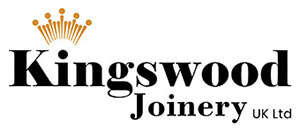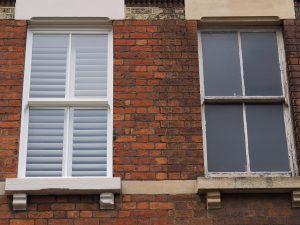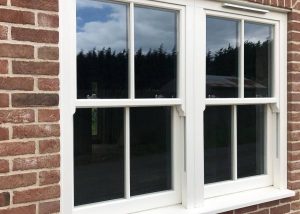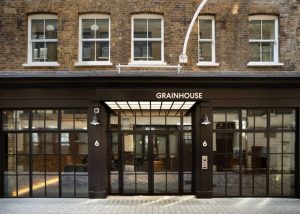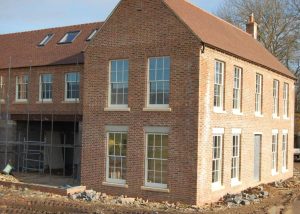Authentic and Stylish Sash Windows
Sash Windows in Hull
Kingswood Joinery UK Ltd was formed in 2006 to bring homeowners and businesses, individual and unique Sash Windows in Hull. Our windows and doors are handcrafted at our fully equipped workshop in Barkingside, by joiners with exceptional experience and training. Members of our skilled team are FENSA registered.
Our company is renowned for combining the latest technology with traditional design to make elegant windows that stand the test of time. All our sash and casement windows perform high in terms of energy efficiency, and our doors meet high-security standards.
